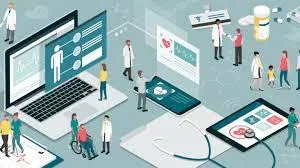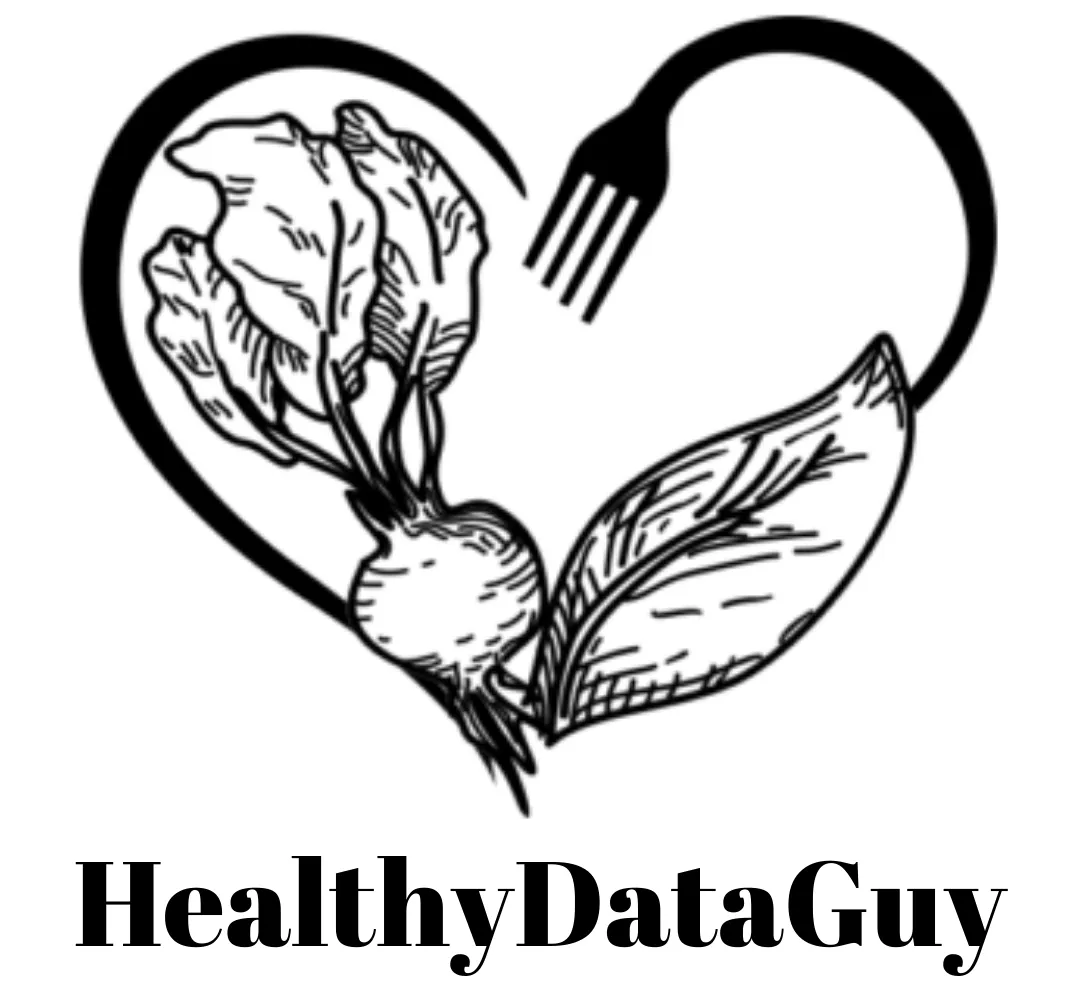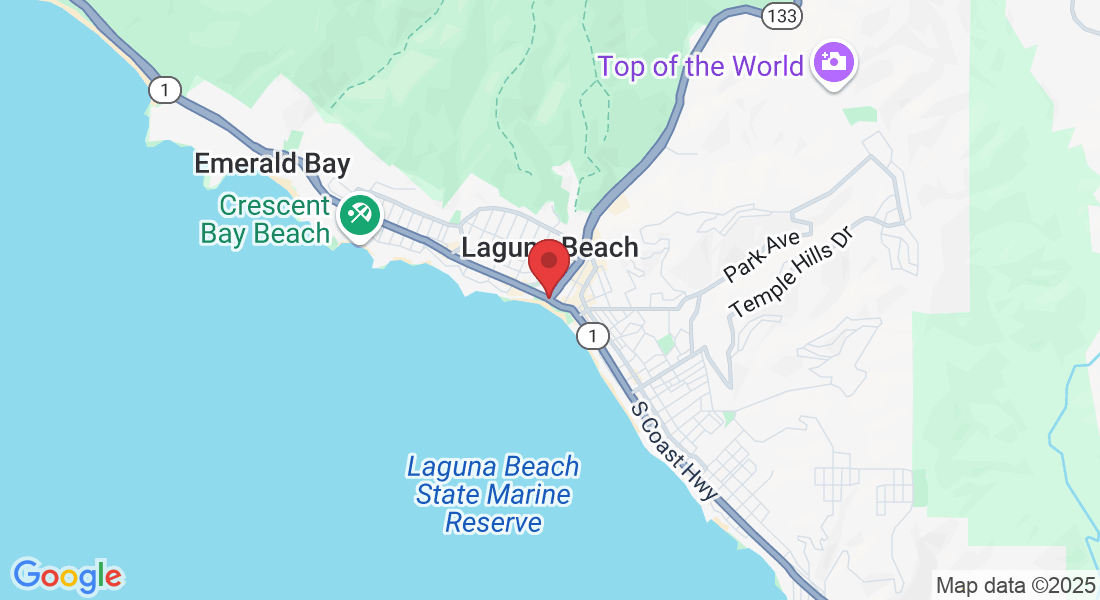
Who Really Owns Your Data? The Hidden Risk of Relying on Social Media Platforms
As an entrepreneur, you likely understand the power of social media for building connections, engaging with your audience, and even collecting valuable data to inform your business decisions. Platforms like LinkedIn, Facebook, and Instagram make it easy to conduct surveys, connect with leads, and grow your network. But have you ever stopped to ask yourself: Who really owns the data I’m collecting on these platforms?
If you assume it’s you, the hard truth may surprise you: social media platforms own the data, not you. This means that while you’re putting in the effort to engage and collect insights, the ultimate control lies with the platform. Let’s explore why this matters and how shifting your focus to first-party data can protect your business and give you the freedom to grow without limitations.
The Hidden Risks of Collecting Data on Social Media
Social media is undoubtedly a powerful tool, but relying on it as your primary data collection method comes with significant risks. Here’s why:
You Don’t Own the Data
When you collect data through social media—whether it’s survey responses, contact information, or other insights—the platform retains ownership of that data. They store it, control it, and can decide how it’s used. You’re essentially “borrowing” the data, not owning it outright.
Your Access Can Be Limited or Revoked
Social media platforms can change their policies at any time. For example:
They might restrict your ability to export or use the data you’ve collected.
They could introduce fees for accessing certain features or data functionality.
If your account is suspended or deleted, you could lose access to all the data you’ve built over time.
Imagine spending months or years building a strategy around LinkedIn survey data, only to one day find it locked behind a paywall—or worse, gone entirely.
Case Studies of Lost Data
There are real-world examples of businesses that relied heavily on social media platforms for data collection, only to face significant setbacks when access was restricted. For instance, some platforms began charging businesses to use their own collected data for advertising or outreach. This can be both a financial and operational blow, especially for small businesses.
The Power of First-Party Data
So, what’s the alternative? The answer lies in first-party data.
First-party data is information you collect directly from your audience through your own platforms, such as:
Surveys on your website
Data collected via email sign-up forms
Customer interactions tracked in your CRM (Customer Relationship Management) system
The key difference is ownership. With first-party data, you own it completely. You decide how it’s stored, accessed, and used, without relying on third-party platforms.
Why First-Party Data Is a Game-Changer for Entrepreneurs
Full Control and Ownership
When you collect first-party data, it’s yours to keep. You don’t have to worry about changing policies, fees, or losing access. This gives you the freedom to use the data for marketing, outreach, or analysis on your own terms.
Stronger Audience Relationships
Collecting data directly from your audience—through a survey on your website, for example—fosters trust. Your audience knows they’re engaging with you directly, not through a third-party platform. This can lead to deeper, more meaningful connections.
Personalized and Targeted Marketing
First-party data allows you to better understand your audience’s preferences, behaviors, and needs. You can use this information to create personalized marketing campaigns that resonate with your audience, driving better results.
Long-Term Business Growth
Unlike social media data, which can be taken away, first-party data is a long-term asset. It grows with your business and becomes a reliable foundation for future strategies.
How to Start Collecting First-Party Data
Transitioning to first-party data doesn’t have to be complicated. Here are a few simple steps to get started:
Create Surveys on Your Own Platform
Instead of using LinkedIn surveys, consider tools like Google Forms, Typeform, or a survey feature within your CRM. These tools allow you to collect data directly and store it in a way that you control.
Build an Email List
Encourage your audience to sign up for your email list via your website. Offer valuable resources, like a free guide or exclusive content, as an incentive.
Use a CRM System
A CRM can help you manage and organize your first-party data. These tools allow you to track customer interactions, segment your audience, and personalize your outreach.
Social Media: A Tool, Not a Data Hub
This isn’t to say you should stop using social media—it’s an incredible tool for visibility, engagement, and networking. However, think of it as a starting point rather than the final destination for your data. Use social media to drive traffic to your website or encourage your audience to engage with your own platforms, where you have full control over the data you collect.
Final Thoughts
As an entrepreneur, your data is one of your most valuable assets. By relying solely on social media platforms for data collection, you’re putting that asset at risk. Shifting your focus to first-party data not only protects your business from potential disruptions but also gives you the freedom to build deeper relationships, create personalized marketing strategies, and grow sustainably.
Take control of your data—and your future. Start focusing on first-party data today, and set your business up for long-term success.
Have questions or need guidance on how to make the switch? Let’s connect—I’d love to help!

Brandon Drake
Quitting my demanding corporate IT job at a Customer Relationship Management company was a life-changing decision. Burnout pushed me to explore new horizons, leading me to culinary arts, functional nutrition, and sales training. Each step reignited my passion and guided me back to technology with a renewed purpose: to help others make a bigger impact. Now, I thrive in empowering service-based businesses to harness CRM technology to stand out, and build lasting, meaningful connections that drive sustainable growth.
Tech & Health
I believe in using technology to boost efficiency, freeing up time for what truly matters—your self-care and being your best both professionally and personally. My goal with CRM systems is to eliminate manual tasks, so you can focus on building genuine connections with clients and partners while preserving the human touch in today’s digital world.




LET'S CONNECT
Book Time With Me
The only goal is for both parties to get to know each other better so we can provide mutual support that sparks business growth.
Get In Touch
Assistance Hours:
Mon – Friday 7:00am – 4:00pm
Saturday & Sunday – CLOSED
Phone Number:
626-374-2757

